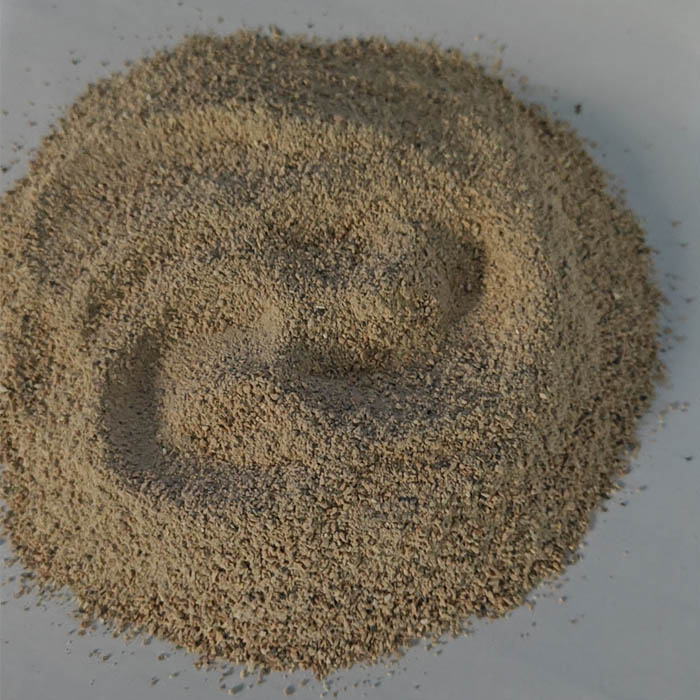Aug . 14, 2024 18:04 Back to list
Wholesale High-Performance Castable Refractory Materials for Industrial Applications and Custom Solutions
Understanding Wholesale Castable Refractory Material
In industrial applications where extreme temperatures, chemical corrosion, and physical wear are common, the use of castable refractory materials is indispensable. Castable refractories are a type of heat-resistant material that can be molded into different shapes and sizes, making them ideal for various high-temperature applications, including furnaces, kilns, and incinerators. This article delves into the significance of wholesale castable refractory material, its properties, advantages, and applications.
What is Castable Refractory Material?
Castable refractory materials are mixtures of aggregates, binders, and additives that can be poured and formed into specific shapes. Unlike traditional refractory bricks, which require extensive cutting and fitting, castable refractories allow for more flexibility in design. Once set, they provide exceptional heat resistance, insulating properties, and durability, making them suitable for industrial operations that operate at high temperatures.
Types of Castable Refractory Material
There are several types of castable refractory materials, each designed to meet particular performance criteria
1. Low Cement Castables These contain lower amounts of cement compared to conventional castables, resulting in improved strength and resistance to thermal shock.
2. No-Cement Castables Utilizing organic or inorganic binders rather than cement, these materials provide high corrosion resistance and thermal stability.
3. High Alumina Castables Made with various alumina levels, these castables can withstand extreme temperatures and are used in petrochemical and metallurgical applications.
4. Insulating Castables Designed to offer thermal insulation, these materials are lightweight and reduce heat loss in industrial settings.
Benefits of Wholesale Castable Refractory Material
1. Cost-Effectiveness Purchasing castable refractory materials in wholesale quantities can significantly reduce costs compared to buying smaller amounts. This is particularly beneficial for large projects that require vast quantities of materials.
wholesale castable refractory material

2. Quality Control Wholesalers often source high-quality materials, ensuring that users receive consistent and dependable products. This is crucial for maintaining the integrity and performance of high-temperature applications.
3. Customization Options Many suppliers offer customized formulations to meet specific needs, providing businesses with tailored solutions for their unique requirements.
4. Ease of Use Castable refractories can be easily mixed, poured, and shaped on-site, streamlining installation processes and reducing labor costs.
Applications of Castable Refractory Material
Castable refractory materials are used across various industries due to their resilience and adaptability
1. Metallurgical Industry In steelmaking and non-ferrous metal production, they are vital for lining furnaces and ladles, providing protection against molten metals and slag.
2. Cement Industry Castables are employed in kilns and pre-heaters, where they endure extreme thermal cycling.
3. Petrochemical Industry High alumina castables are common in reactors and other equipment that must withstand corrosive environments.
4. Glass Industry These materials are essential for glass melting furnaces, enabling safe processing at elevated temperatures.
5. Energy Sector In power generation, especially in coal-fired plants, castable refractories are utilized in boiler linings and other critical applications.
Conclusion
Wholesale castable refractory materials are essential components in numerous high-temperature industries due to their exceptional properties and flexibility. By understanding the various types and benefits of these materials, businesses can make informed choices that enhance their operations while ensuring safety, efficiency, and cost-effectiveness. As industries continue to push the boundaries of innovation and performance, the role of castable refractories will undoubtedly become even more critical in meeting future challenges.
-
Eco-Friendly Granule Covering Agent | Dust & Caking Control
NewsAug.06,2025
-
Fe-C Composite Pellets for BOF: High-Efficiency & Cost-Saving
NewsAug.05,2025
-
Premium Tundish Covering Agents Exporters | High Purity
NewsAug.04,2025
-
Fe-C Composite Pellets for BOF | Efficient & Economical
NewsAug.03,2025
-
Top Tundish Covering Agent Exporters | Premium Quality Solutions
NewsAug.02,2025
-
First Bauxite Exporters | AI-Optimized Supply
NewsAug.01,2025
